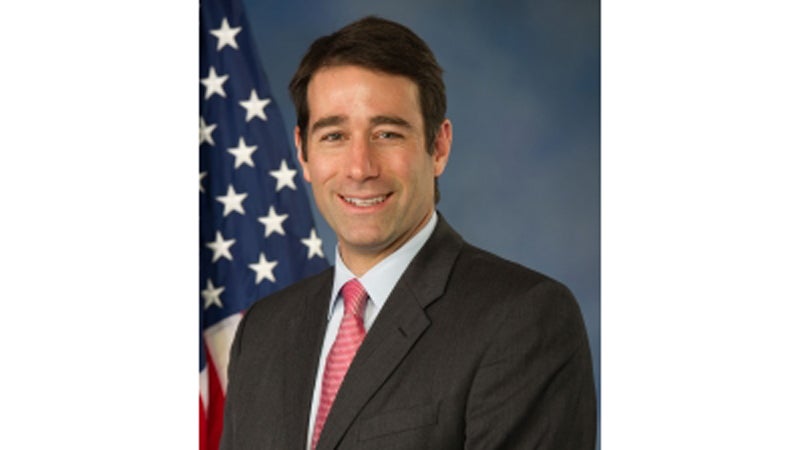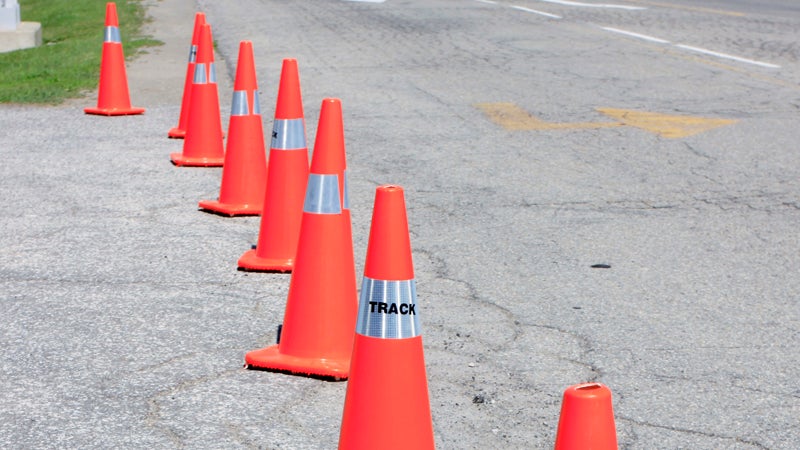Hurricane Ida Victims Left Out Again
Published 7:16 am Wednesday, February 9, 2022

- Rep. Garret Graves
|
Getting your Trinity Audio player ready...
|
WASHINGTON, DC – U.S. Congressman Garret Graves issued the following statement after the U.S House of Representatives leadership released a three-week government funding bill that contains zero funding for Hurricane Ida or Southwest Louisiana recovery efforts, but $350 million to “address water contamination from the Red Hill Bulk Fuel Storage Facility” in Hawaii.
Graves attempted to add several amendments that were blocked by Democrat procedural maneuvers.
- Graves #2 – Prohibits the use of funds to implement Risk Rating 2.0 for one year and requires the FEMA Administrator to report to Congress after carrying out certain transparency actions and economic impact analysis. This bipartisan amendment was introduced with Congressman Troy Carter.
- Graves #3 – Provides $3 billion to Economic Development Administration (EDA) for the purposes of providing expedited disaster relief to victims of natural disasters in 2020 and 2021.
- Graves #4 – Provides $379 million to mitigate the effects of fisheries failures as a result of 2020 and 2021 hurricanes.
- Graves #5 – Adds $3 billion to Community Development Block Grant Disaster Recovery (CDBG-DR) account (increasing from $5 billion to $8 billion) to provide natural disaster relief to victims of the 2020 and 2021 hurricanes.
“This legislation should have addressed our most urgent needs. There are still folks living in tents and hotels. Electricity is just coming back in some of the communities. Roofs remain damaged in some places. Our efforts to deliver hurricane recovery funding for the citizens of south Louisiana is already paying off but clearly there remains much work to be done. Governor John Bel Edwards also recently indicated that for Louisiana disasters alone, at least another $2.5 billion is required to recover. We’re also coming up on the second phase of the FEMA National Flood Insurance Program rate surges. Without a delay for Congress to work on a comprehensive long-term NFIP reauthorization, millions of Americans will see substantial flood insurance rate hikes. We will continue to work toward securing every penny possible and fixing bureaucratic processes that slow down the time it takes to deliver relief,” Graves said. “Since Hurricane Ida landfall, we’ve worked to secure millions to invest in projects that will make our communities safer – including passing a law with billions of dollars in recovery funding and flood protection investments for Louisiana. And while it is exciting to see some of those key hurricane protection, flood control, levee improvements and dredging projects funded, we will continue to highlight the gaping holes and hold those involved in the projects accountable to finish in an adequate timeframe.”




